Analysis of Legal and Ethical Requirements for RN in Digital Health
VerifiedAdded on 2023/06/10
|5
|686
|386
Report
AI Summary
This report delves into the legal and ethical requirements of registered nurses (RNs) when accessing digital health information. It emphasizes the importance of adhering to the Australian Health Practitioner Regulation National Law and the NMBA Code of Conduct, highlighting the significance of patient confidentiality and privacy as outlined in the Guidelines to the National Privacy Principles 2001 and the Privacy Act 1999. The report outlines the RN's responsibilities in protecting patient data, including secure handling of devices and information sharing protocols. It references the NMBA Code of Ethics and professional standards, detailing exceptions to privacy laws, such as in cases of patient emergencies or public health concerns. The report underscores the need for RNs to exercise professional judgment and obtain consent where possible, referencing key resources like the NMBA's professional standards and code of ethics and a peer-reviewed journal, ensuring compliance with ethical and legal frameworks in digital health practices.
1 out of 5
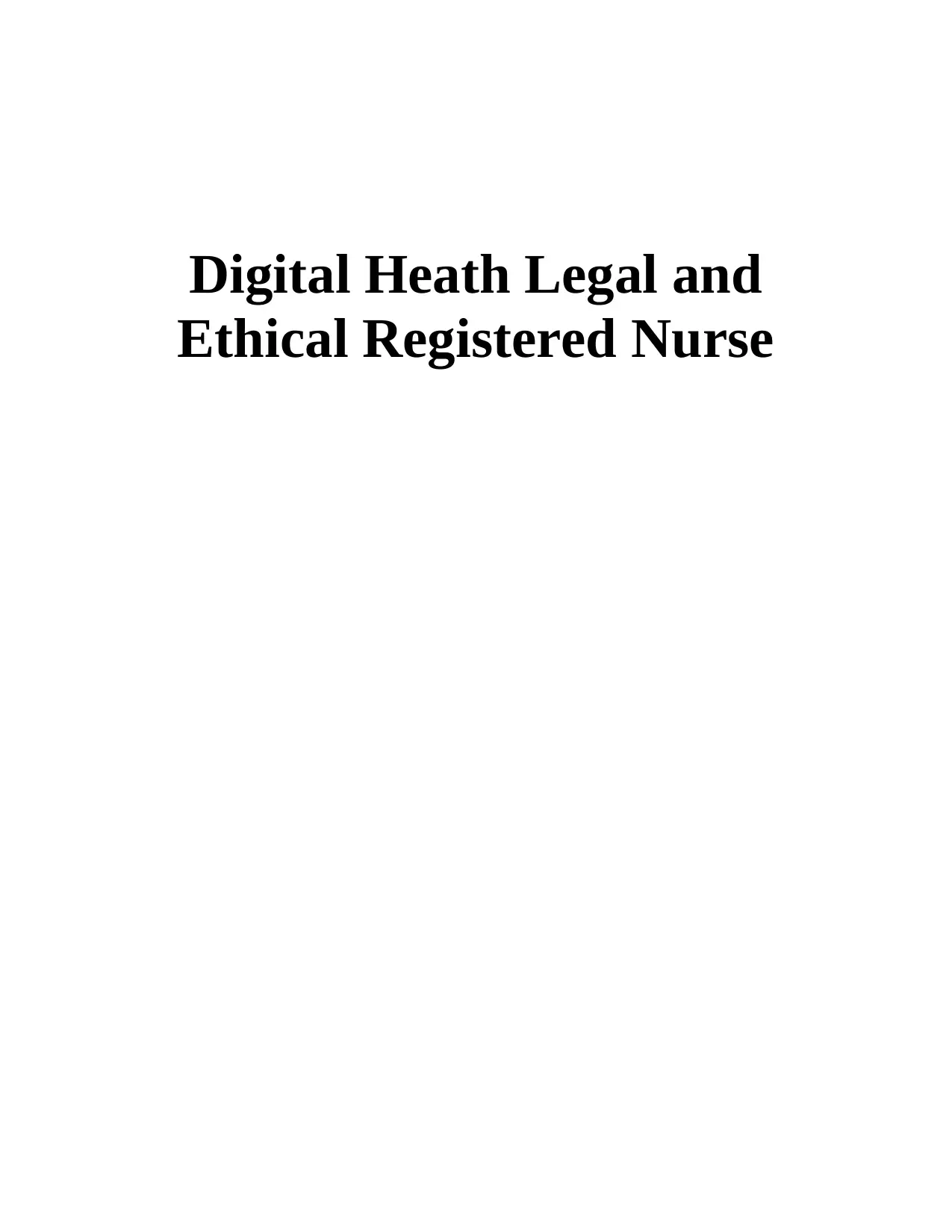
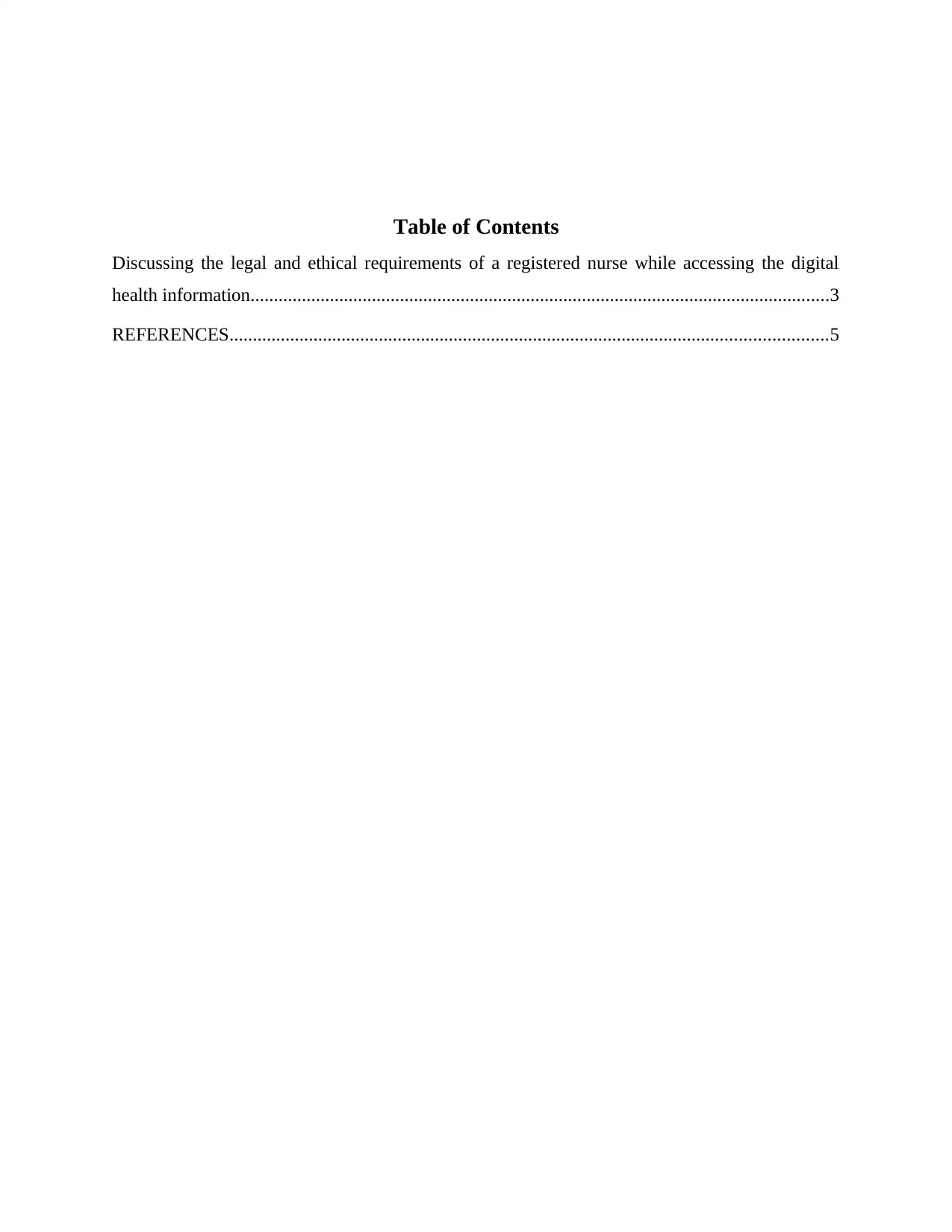
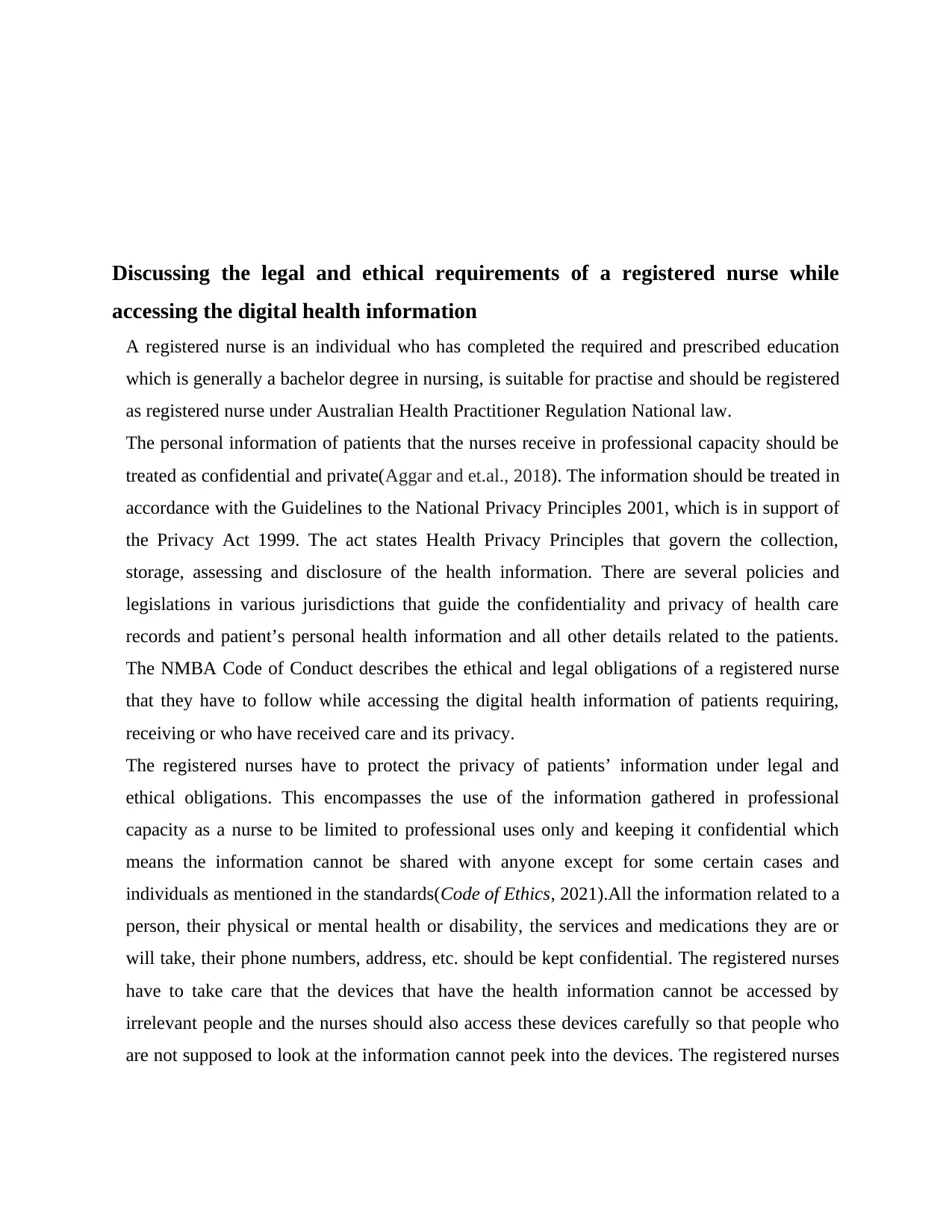

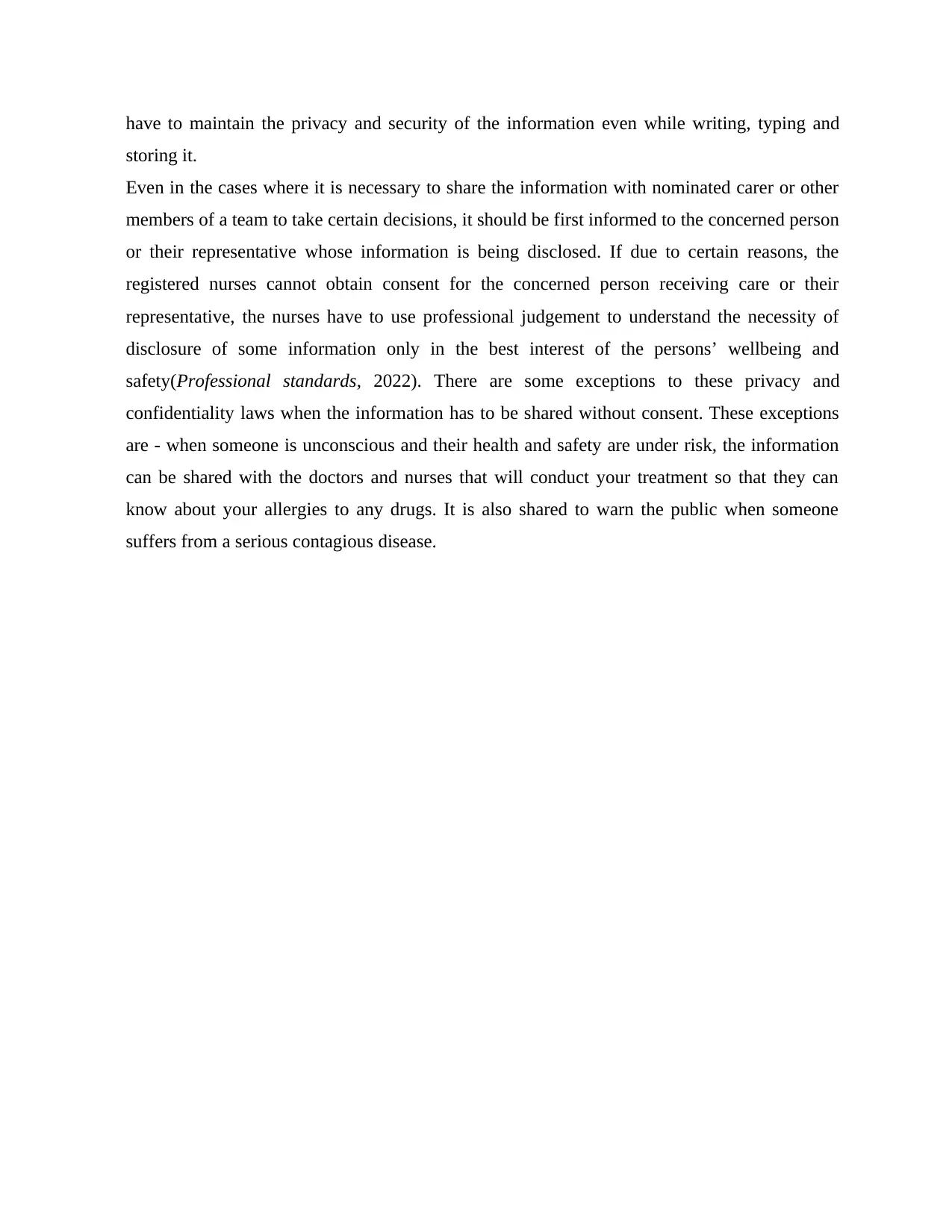
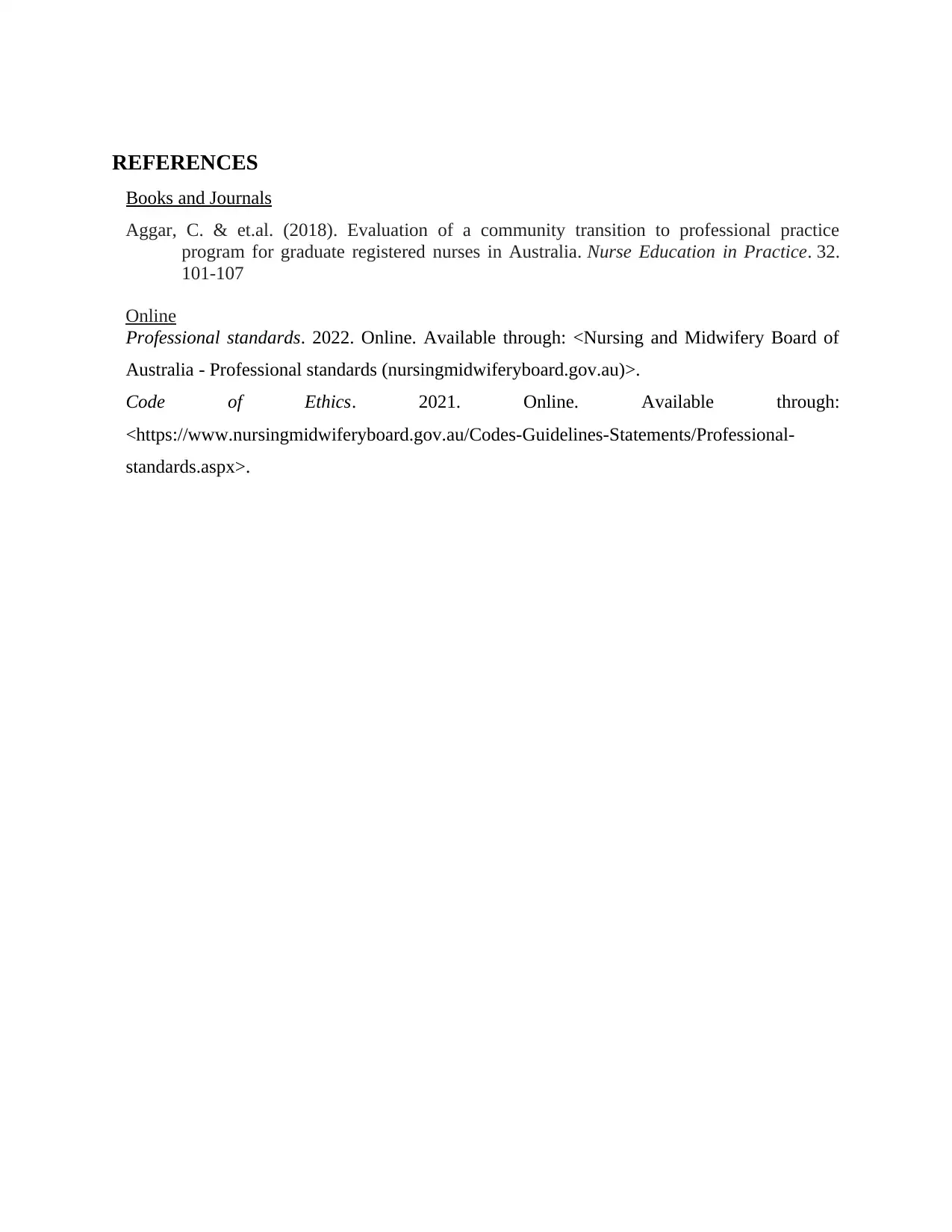






![[object Object]](/_next/static/media/star-bottom.7253800d.svg)